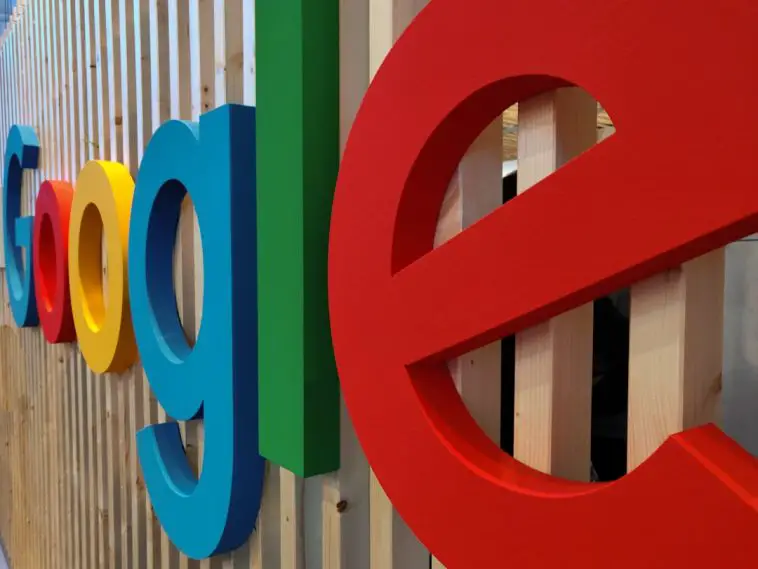Does Big Tech Hate Conservatives?
The influence of Big Tech companies—such as Facebook, Twitter, Google, and YouTube—over public discourse has grown immensely in recent years. These platforms serve as the primary means of communication, information dissemination, and social interaction for millions of people. However, a troubling trend has emerged: the systematic censorship of conservative voices. From a conservative perspective, this bias not only undermines free speech but also poses a significant threat to democracy. Here’s why Big Tech censorship of conservatives is a pressing issue and why it must be addressed to preserve the foundational principles of free expression and democratic engagement.
Suppression of Diverse Viewpoints
Free speech is a cornerstone of American democracy, allowing for the exchange of diverse viewpoints and fostering a robust public debate. Big Tech’s censorship of conservative voices disrupts this balance, leading to a homogenized discourse that favors progressive ideologies. By suppressing conservative perspectives, these platforms create an echo chamber that stifles healthy debate and critical thinking. This suppression not only marginalizes a significant portion of the population but also deprives society of a full spectrum of ideas and solutions.
Arbitrary and Unfair Practices
The policies and practices employed by Big Tech companies to regulate content are often arbitrary and lack transparency. Conservative voices frequently report being deplatformed, shadow-banned, or subjected to content warnings and fact-checks that are not applied equally to their liberal counterparts. This double standard reflects a clear ideological bias, undermining the fairness and neutrality that these platforms claim to uphold. The lack of consistent and transparent guidelines for content moderation creates an environment where censorship is wielded as a tool for political manipulation.
Threat to Free Speech
The censorship of conservatives by Big Tech is a direct attack on the principle of free speech. The First Amendment protects individuals from government censorship, but the private control of public discourse by a few powerful tech companies presents a new challenge. These platforms function as modern public squares, where the ability to speak freely is essential for democratic participation. When Big Tech companies censor conservative voices, they effectively limit the ability of individuals to engage in political discourse and advocate for their beliefs, eroding the very foundation of free expression.
Impact on Elections and Political Participation
Big Tech’s censorship of conservatives has far-reaching implications for elections and political participation. By controlling the flow of information and shaping the narrative, these platforms can influence public opinion and electoral outcomes. The suppression of conservative viewpoints and the amplification of progressive narratives create an uneven playing field that disadvantages conservative candidates and causes. This interference undermines the democratic process, where voters should have access to a diverse range of perspectives to make informed decisions.
Concentration of Power
The concentration of power in the hands of a few Big Tech companies is a significant concern. These platforms wield unprecedented control over information, public discourse, and even the economy. Their ability to censor content and shape narratives without accountability poses a threat to individual liberties and democratic institutions. The unchecked power of Big Tech companies calls for regulatory measures to ensure that they operate in a manner that respects free speech and democratic principles.
The Need for Legislative Action
To address the issue of Big Tech censorship, legislative action is necessary. This includes revising Section 230 of the Communications Decency Act, which provides legal immunity to tech companies for content posted by users. Reforming this provision can hold platforms accountable for biased censorship practices and ensure greater transparency and fairness in content moderation. Additionally, antitrust measures can be implemented to reduce the concentration of power and promote competition, preventing any single entity from dominating public discourse.



